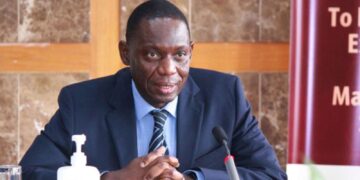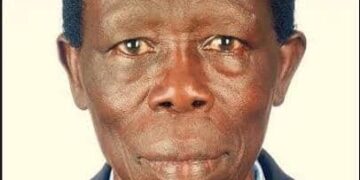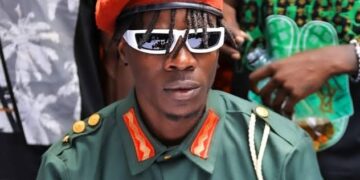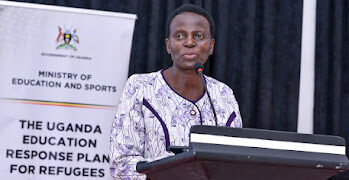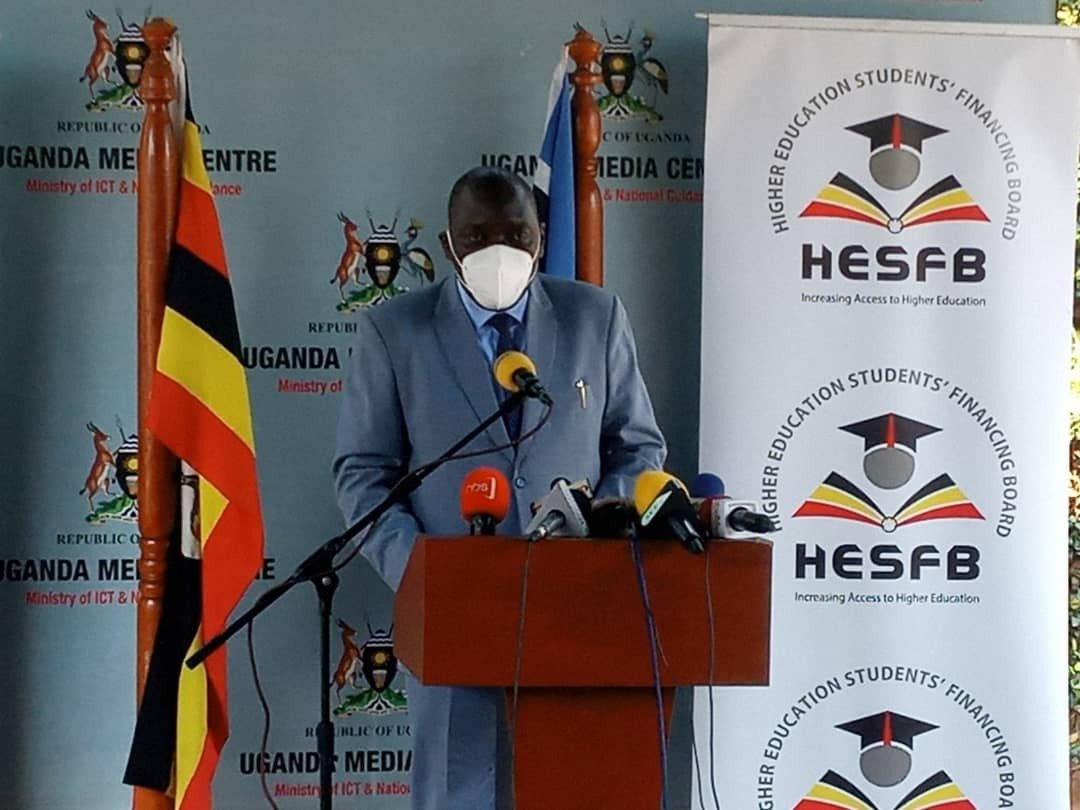Former governor of Kampala Rt. Lt Col. Abdullah Nasur is dead.
Nasur, retired officer who served in the Uganda Army was reported dead on Tuesday evening at 77 years of age. He passed on at Victoria Hospital Kampala following a long illness. The actual cause of his death has not been communicated.
Born in 1946 in Nakatonya, Bombo, Uganda, Nasur enlisted in the Uganda Army in 1964 and was involved in military athletics.
Nasur is popular for his ruthless character while he served as Governor of Central Province under Idi Amin government from January 1975 to January 1976 and from August 1976 to April 1979, when Amin was overthrown.
Nasur Convicted of murder, given death sentence but survived the garllows:
Following Amin’s overthrow Nasur fled to Kenya, but was extradited back to Uganda to face charges relating to the murder of the Mayor of Masaka, Francis Walugembe. He was convicted in 1982 and sentenced to death, though there remains disagreement over who was actually responsible for the murder. He was pardoned in 2001 by president Yoweri Museveni and retired to Bombo.
Upon retirement, Nasur became a vocal supporter of Museveni. Reflecting on Amin in 2003, he said, “Everybody makes mistakes. Do not punish Amin. We should leave the judgment to God.” He remained a devout Muslim in retirement, praying frequently in the local mosque, and has been a respected leader in Bombo’s Nubian community.
Nasur’s role in “keep Uganda Clean” campaign of Amin.
Nasur rose in the ranks before being made Governor of Central Province, and in this office he played a leading role in Amin’s “Keep Uganda Clean” initiative, garnering a negative reputation for his strict enforcement of the urban beautification campaign.
As governor, Nasur played a leading role in Amin’s “Keep Uganda Clean” initiative, which involved removing trash and beautifying Kampala’s streets.
He appointed a committee to encourage the public to sanitise the city and oversaw a network of undercover detectives that monitored littering. He regularly toured the city to ensure it was clean, and in May 1975 he had all illegal housing in the Nakawa neighborhood demolished.
Nasur also decreed a prohibition on the wearing of slippers, as Kampala residents often wore them to bathe outside or use a toilet, and he associated them with dirt. This adversely impacted the urban poor, who could not afford other types of footwear. This generated allegations that Nasur’s subordinates’ would force people caught wearing slippers to eat them, or beat and incarcerate them. Nasur later denounced these charges as “baseless”.
Nevertheless, he garnered a negative reputation for his strict enforcement of the cleanliness campaign and in November Amin criticised him in a military meeting, saying “it is wrong on the part of the governor who was misbehaving to the extent of flattening people’s cars and beating women wearing slippers”. In January 1976 Amin transferred Nasur, making him Governor of Karamoja Province and replaced him with Samuel Odong.
In August 1976 Odong was moved and Amin reappointed Nasur Governor of Central Province. Shortly after reassuming his office, Nasur organised eight cleanliness zones in Kampala. He then led officials in conducting “spot checks” around the city, evicting residents of unkempt houses, seizing untidy businesses, and closing down disorganised markets. These actions dispossessed numerous citizens of their belongings. Nasur believed that unmarried women increased crime and prostitution and publicly suggested that they should leave urban areas and engage in agricultural production in the countryside.
In an attempt to reduce crime, he banned the brewing and consumption of alcohol in certain parts of Kampala. He also closed down several shops and restaurants in Katwe, accusing their owners of overcharging for goods.
In 1977 he forced out the chairman of the National Council of Sports and took his place. In this capacity he banned the Express football club after it had defeated an army team in a game, accusing its members of subversion. The following year he ejected Denis Obua from the national football team for drinking before the 1978 African Cup of Nations. He accompanied the team to Ghana where it played in the tournament.[22] He was still governor in April 1979.
Most of the content extracted from Wikipedia an online encyclopedia.
















